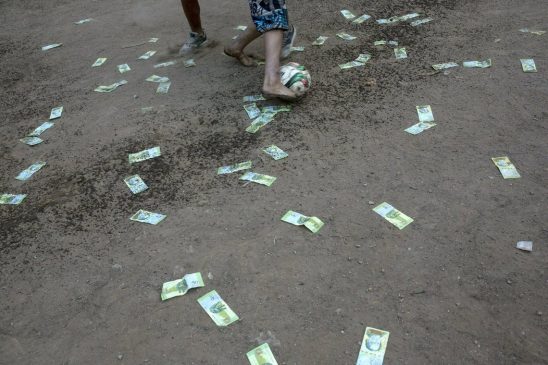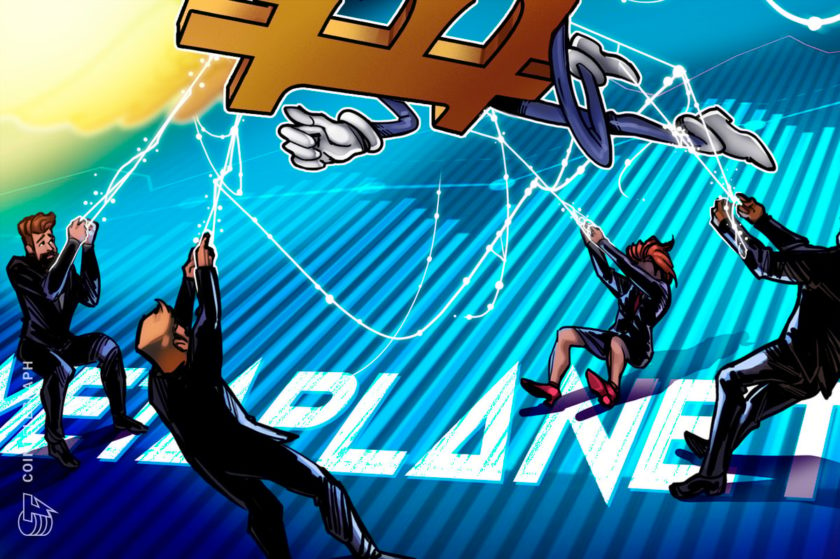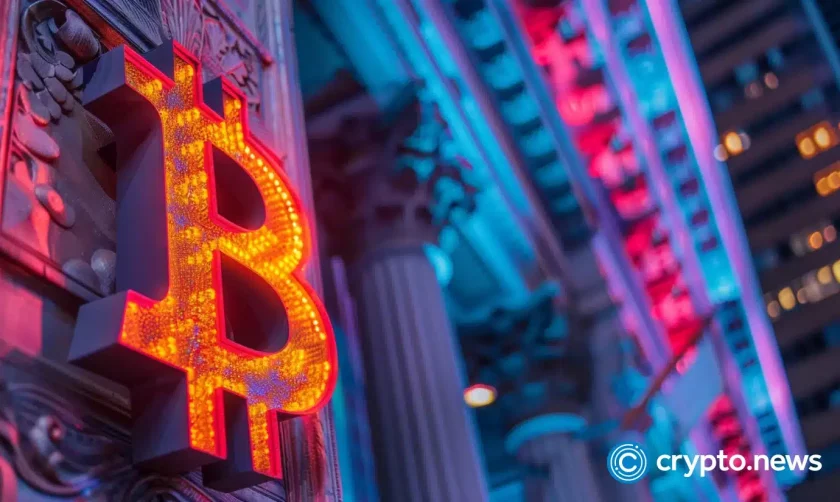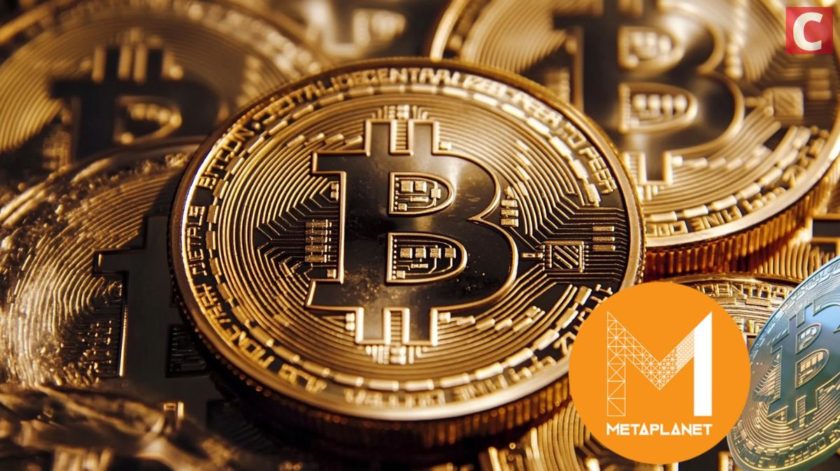A Venezuelan man has used the bulk of his bitcoin savings to pay the medical costs of his son’s birth. Many consider adequate healthcare a universal human right but only few in the inflation-ridden country can actually afford it.
José Rafael Peña, a materials engineer from Caracas, outlined the payment process which took a day to clear and gave his son the best possible start at a new life. It also bolstered the case of bitcoin as a superior medium of exchange than gold:
“But telling this story has made me realize how important Bitcoin has been in my own life. It has allowed me to fight Venezuela’s hyperinflation, to amass some savings, and to pay large sums of money in a matter of hours, without having to actually travel anywhere. Imagine what it would take to sell that quantity in gold, for example.”
Gold: Not a Workable Solution for the People
Peña was able to send his wife to a private clinic in the capital thanks to a salary that was paid exclusively in bitcoin over the last two years.
The minimum wage in Venezuela is reported to be around $16 a month. That leaves mothers-to-be in serious financial trouble since decent clinics can cost upwards of $1,500.
Peña used LocalBitcoins to exchange his bitcoin into bolivars. At the last possible minute. The process was convoluted, mostly due to the red tape from Venezuelan banks.
It only took a day to clear, however, which Peña believes would likely be impossible with gold.
The gold versus bitcoin money debate has been heating up in recent years. The yellow metal has taken a back seat to bitcoin thanks to massive outperformance from the flagship cryptocurrency.
Gold pundit Peter Schiff continues to back gold as the alternative source of money even when locals in crisis-swept countries like Venezuela say otherwise:
That and a recently reported fake-branded gold bar crisis suggests that bitcoin’s superiority as a medium of exchange is firmly in place.
What About Bitcoin vs the Dollar Then?
Well, the jury is still out on that one. Despite its unique features, Peña argues that bitcoin will not save Venezuela from its current crisis. In fact, locals overwhelmingly still prefer to price their goods and services in dollars.
Thanks to the persistent threat of cryptocurrency scams and the perceived strength of the greenback, Venezuelans are not yet ready to make the switch.
Dollars are not easy to come by mind you. Peña readily admits that getting a hold of bitcoin is easier, at least for him.
Bitcoin isn’t ready for mass adoption yet and it may not technically be a medium of exchange until service providers readily accept it. In the interim, however, it’s certainly faring a heck of a lot better than an asset which is as old as earth itself:
“I often see people on social media saying that Bitcoin has no real use besides market speculation… countries like Venezuela, where the economy is dysfunctional, showcase Bitcoin’s greatest potential. The story of my son’s birth is an illustration of that.”
This article was edited by Sam Bourgi.
Last modified (UTC): October 24, 2019 14:43




